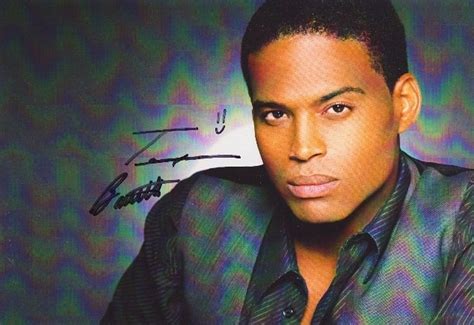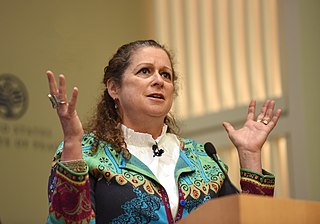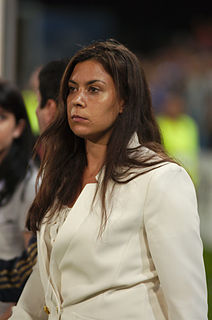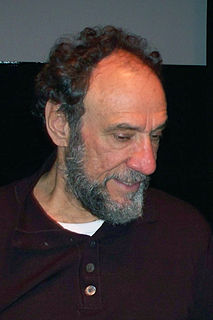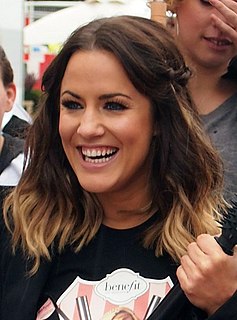A Quote by David Fincher
People will say, 'There are a million ways to shoot a scene,' but I don't think so. I think there are two, maybe. And the other one is wrong.
Related Quotes
They say, "Katie, you're wrong." And if I say, "How dare you say that? I have studied and studied." Or, "I am an expert in" whatever area we're talking about. Or, "No, you are wrong! And I think you're rude!" Or anything like that, and if we don't say it out loud, maybe we think it, but that's stressful. The moment I've defended, in any way, I've started the war.
I get very close to people when I'm shooting them. We would go and shoot a scene with Lucy, and I would spend the whole time telling her about Rob. Then I would go shoot a scene with Rob and tell him all about Lucy. Eventually they wanted to know each other. These are two people who would never have overlapped in any other way or context. We brought to the garden at Rob's office and just sat and watched what unfolded. I remember weeping behind the camera, because I was so moved by the way they connected.
Directors are always changing things at the last minute. Actors will do a scene, and the director will say, ‘Okay, that was perfect, but this time, Bob, instead of saying “What’s for dinner?” you say, “Wait a minute! Benzene is actually a hydrocarbon!” And say it with a Norwegian accent. Also, we think maybe your character should have no arms.
I think disease and all the things that we treat are tied to national security in a lot of ways that we maybe don't realize or that the American people don't realize. If other countries have a chance to be stable, then that helps us. If there are ways we can prevent if there are ways we can help other countries defeat diseases, we're about to totally eradicate polio. And can you imagine? That would be so terrific.
I guess maybe I was hired to play in the Doll House because of my dinner scene in The Sixth Sense, which has been scrutinized a thousand times as to whether you know Bruce Willis is dead, or whether I'm talking to myself. I think that maybe if that could be my forte, to do a scene and be able to say it could be read this way or that way.
If the majority of people said I did something wrong, then I must be wrong, and I will think 'I didn't even mean it like that, why are you treating me like this?' But if a lot of people say that I'm wrong and it's not good, then it must be not good. I will say, 'Okay' and then tell myself that this cannot happen again. I have to grasp it and change it for the better.


